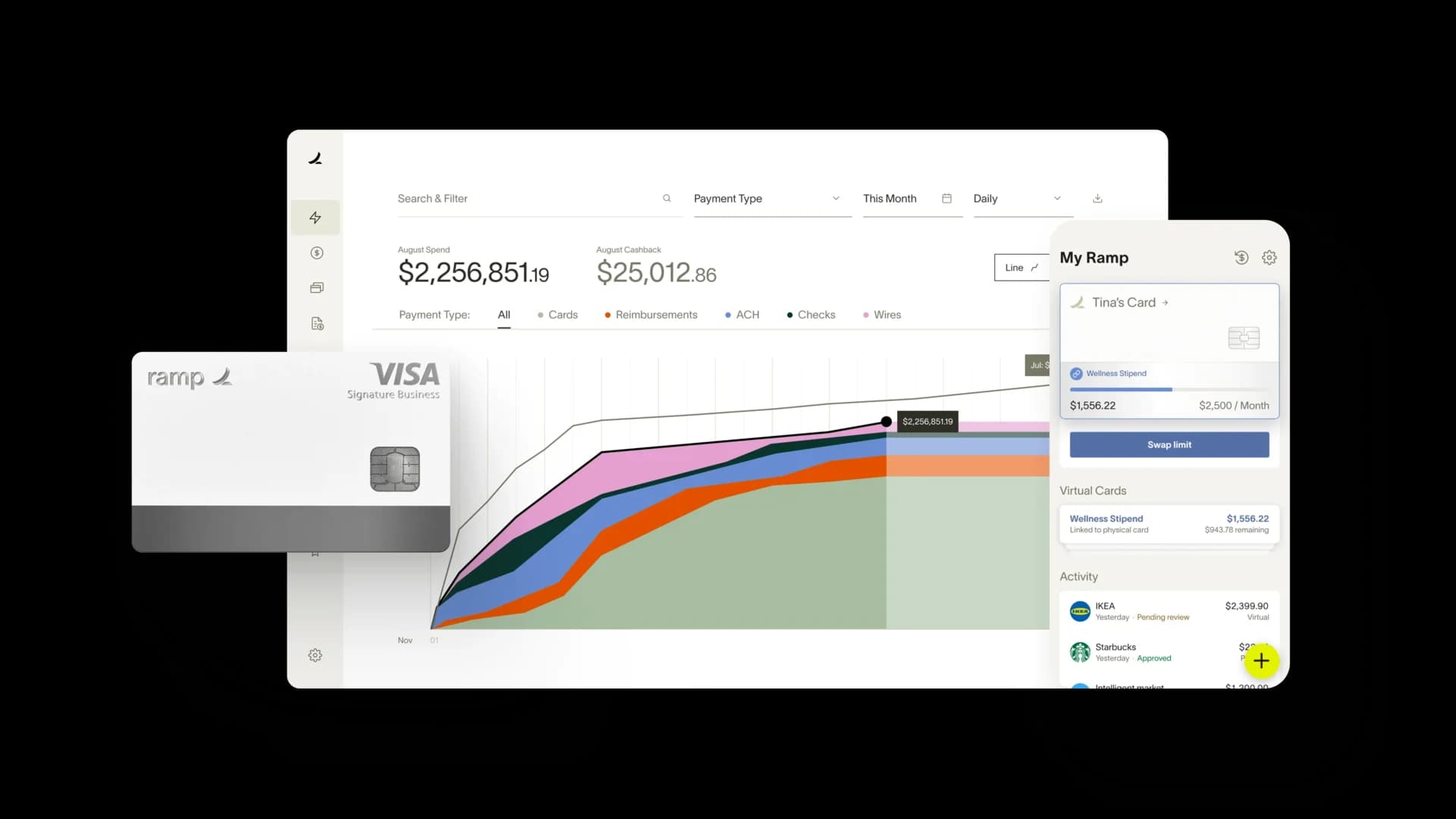New Hampshire mileage reimbursement rates & calculator


Managing a business means paying attention to the details, and mileage reimbursement is one of those crucial details. For New Hampshire state employees, the law under MOP 1301 mandates that mileage reimbursement is non-negotiable.
But what about you as a private employer?
While you're not legally bound to provide this, it's worth considering. Not only does mileage reimbursement keep your team happy, but it also aligns with the Workers' Compensation Law (RSA 281-A:23), which is mandatory.
New Hampshire business mileage reimbursement rates
For 2027, the mileage reimbursement rate in New Hampshire (NH) is set at $0.725 per mile, aligned with the rate determined by the IRS. This rate is mandatory for state employees under MOP 1301, but as a private employer, you're not legally required to follow this.
However, if you want to keep your team on the right track, offering a similar rate can go a long way in showing you value their efforts. Here's a snapshot of the year-over-year rate analysis for mileage reimbursement in New Hampshire, as per IRS standards.
| Tax Year | Business rate | Charitable rate | Medical/ moving rate |
|---|---|---|---|
| 2026 | $0.725 | $0.14 | $0.205 |
| 2025 | $0.70 | $0.14 | $0.21 |
| 2024 | $0.67 | $0.14 | $0.21 |
| 2023 | $0.655 | $0.14 | $0.22 |
| 2022 (Jul 1 to Dec 31) | $0.625 | $0.14 | $0.22 |
| 2022 (Jan 1 to Jun 30) | $0.585 | $0.14 | $0.18 |
| 2021 | $0.56 | $0.14 | $0.16 |
| 2020 | $0.575 | $0.14 | $0.17 |
Please note: You may reimburse your employees at rates above or below the IRS standard. However, any excess reimbursement over the IRS rate is subject to taxation as income.
New Hampshire mileage reimbursement calculator
Using the mileage reimbursement calculator is straightforward.
- Choose the tax year for which you want to calculate.
- Input the miles driven to determine how much money can be received in return.
New Hampshire mileage reimbursement laws
Getting a handle on New Hampshire's mileage reimbursement rules is crucial for keeping things smooth in your business. Whether it's for state employees or your own team in the private sector, knowing the rules can save you from costly mistakes.
For state employees, the go-to guide is MOP 1301, while you need to keep an eye on Section 281-A:23 of the Workers' Compensation Act. Both sets of rules ensure that employees are fairly compensated for work-related travel.
Here's a breakdown of all critical mileage reimbursement laws in New Hampshire.
MOP 1301 for state employees' mileage reimbursement
New Hampshire's MOP 1301[1] policy mandates that state employees using their personal vehicles for official business must be reimbursed at the IRS rate. This rate applies to all types of automobiles, including:
- Cars
- Vans
- Pickups
- Electric vehicles
As per the rules mentioned in MOP 1301, private vehicles should only be used when no state vehicles are available, and the Department Head or Designee must authorize their use.
Section 281-A:23 of NH workers' compensation act for mileage reimbursement
If you have five or more employees in your private company, New Hampshire's Workers' Compensation Act isn't a good-to-do gesture — it's a legal mandate for you.
Section 281-A:23 of NH Workers' Compensation Act mandates that you offer injured employees the following benefits.
- Cover travel expenses related to medical care for any work-related injuries.
- Offer mileage reimbursement at IRS rate — 72.5 cents per mile for 2026.
This law also gives injured employees the right to choose their healthcare provider, and as an employer, you must comply with their selections. Failing to do so could result in hefty penalties of up to $2,500.
New Hampshire minimum wage and its implications for mileage reimbursement
In New Hampshire, the minimum wage – as detailed under RSA 279 – is tied directly to the federal rate, currently $7.25 per hour. As per the rules, you're legally bound to do the following things.
- Ensure the base wage of your tipped employees is at least 45% of the federal minimum rate.
- Make up the difference if tips don't bring tipped workers' earnings up to the federal minimum wage.
Everything connects back to mileage reimbursement because fair wages and fair reimbursement go hand in hand. Both are essential in creating a workplace where employees feel valued and fairly treated and you never accidentally violate the Minimum Wage Law due to mileage non-reimbursement.
Simplify your mileage reimbursement with Ramp
Keeping up with New Hampshire's mileage reimbursement laws is about showing your team that you value their time and effort.
When your employees are appropriately reimbursed for using their personal vehicle for business travel, it sends a clear message: you're fully committed to fairness and transparency. This, in turn, inspires employees to perform better, which will eventually increase your business's revenue.
Ramp is your partner in making this entire process seamless. By automating mileage tracking, Ramp's AI-boosted expense management solution eliminates logging errors and ensures accuracy every step of the way.
No more paperwork or guesswork—just streamlined, reliable reimbursement that keeps your business compliant and your employees satisfied. With Ramp, you're enhancing the way you run your business.
See how Ramp automates expense and mileage tracking for 50,000 businesses











Related posts
[1] Under the headers, ‘II. Definitions’ and ‘IX. Automobile Travel Reimbursement’: https://www.das.nh.gov/mop/Documents/MOP/MOP%201301.pdf

